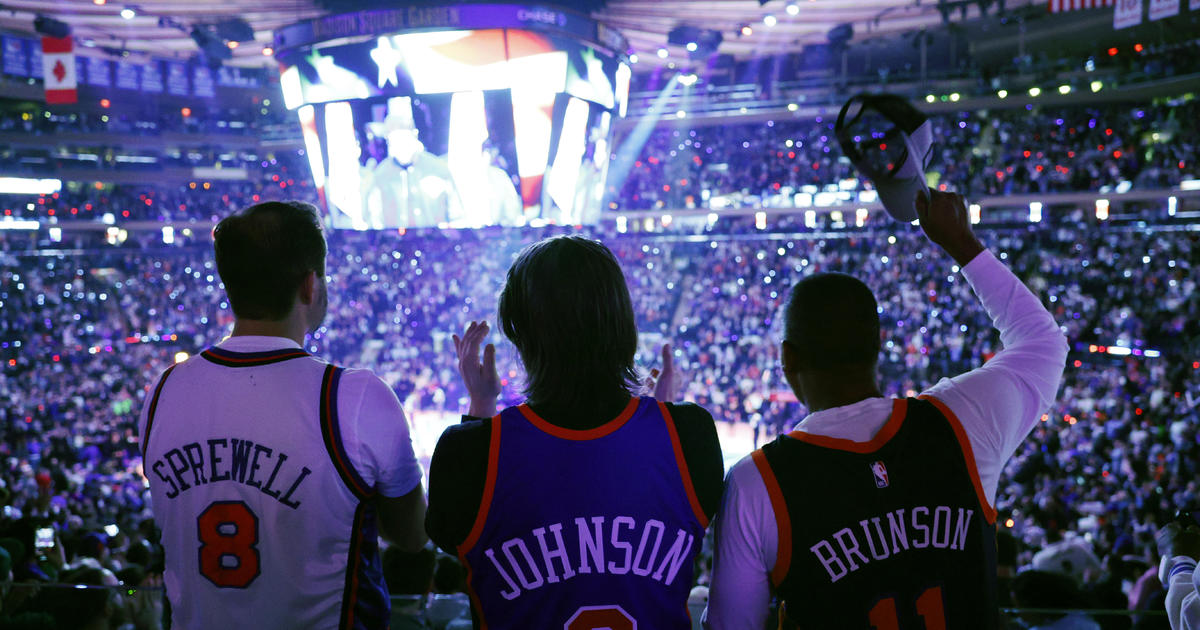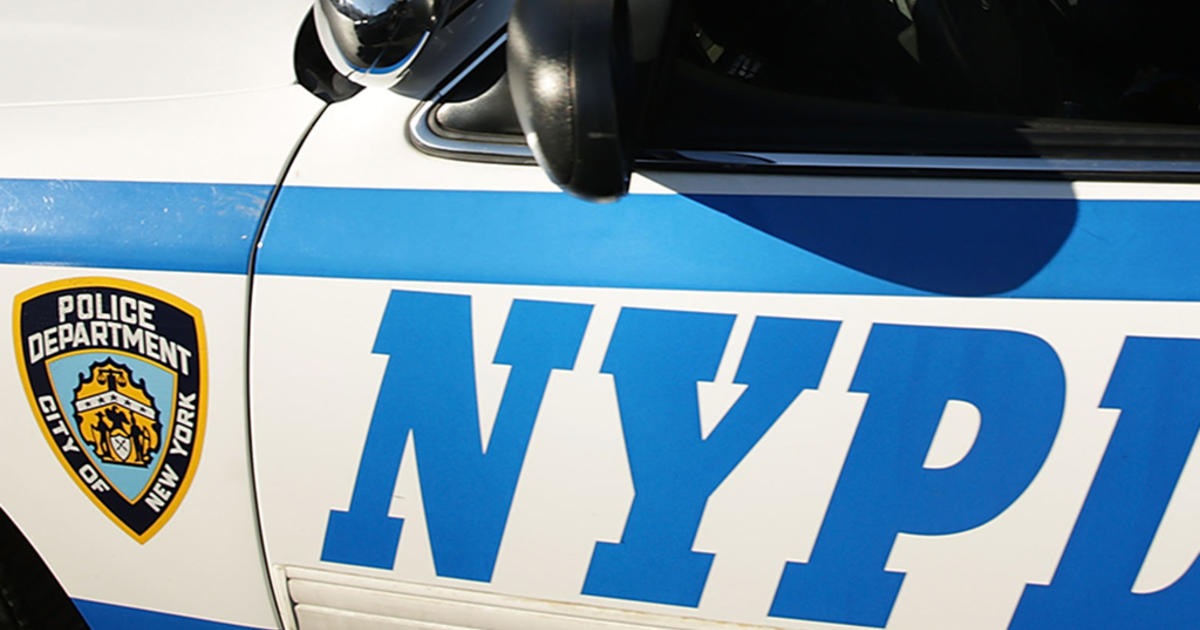Help Is Available For Those Dealing With Sandy-Related Stress
NEW YORK (CBSNewYork) -- The mental stress for victims of Superstorm Sandy has been tremendous and is not getting any easier.
First responders and healthcare workers are also under tremendous stress. Some even fall into the categories of both victim and helper.
CBS 2's Dr. Max Gomez went to South Nassau Community Hospital, which is right outside the disaster areas around Long Beach, Long Island, on Monday where many fit that precise description.
Two thirds of the staff either live in Long Beach and lost their homes or have been without power for nearly two weeks, but they kept working.
That's stress.
The emergency department at South Nassau Community Hospital was one busy place even two weeks after Sandy. The hospital never lost power and stayed open through the entire storm and aftermath. But a hospital is only as good as its people and that is what makes the institution remarkable.
"I was devastated when I found out about my home," said Mary Seaman, who works at the hospital.
Seaman went back to her home for a FEMA inspection Monday morning to find out her house was nearly destroyed.
Yet Seaman, like virtually the entire hospital staff, has kept coming in to work.
"This is my job, I have to keep going, I have a duty to fulfill here at the place that I work at," Seaman said.
Most of the staff isn't even living at home. They have been working around the clock to care for their neighbors, running on adrenalin, optimism and gratitude that they're still alive.
But mental health specialists are concerned that can only sustain a person for so long.
"As we enter the second phase, this longer term phase, we're gonna have to find ways to help them find their inner strength, and continue to recover," said Janet Kahn-Scolarro, who works at the hospital.
A critical stress reliever has come in the form of DMATs (Disaster Medical Assistance Teams). They're deployed to areas around the Tri-State Area by the Department of Health and Human Services.
They also perform emergency department decompression, taking non-life-threatening cases so that the hospital staff can rest and focus on critical patients. But they also help with the mental health aspects of emergency response.
"Our intervention is listening and listening very carefully to what the person expresses, how they express it... and try to connect them with the resources that are already available to them," said Capt. Catherine Witte, of the U.S. Public Health Service.
If you or anyone you know is having trouble dealing with the stress caused by Sandy, there is help. You can call the National Disaster Distress Helpline. It's multilingual and available 24/7.
This toll-free, multilingual, crisis support service is available 24/7 via telephone (1-800-985-5990) and SMS (text 'TalkWithUs' to 66746).



